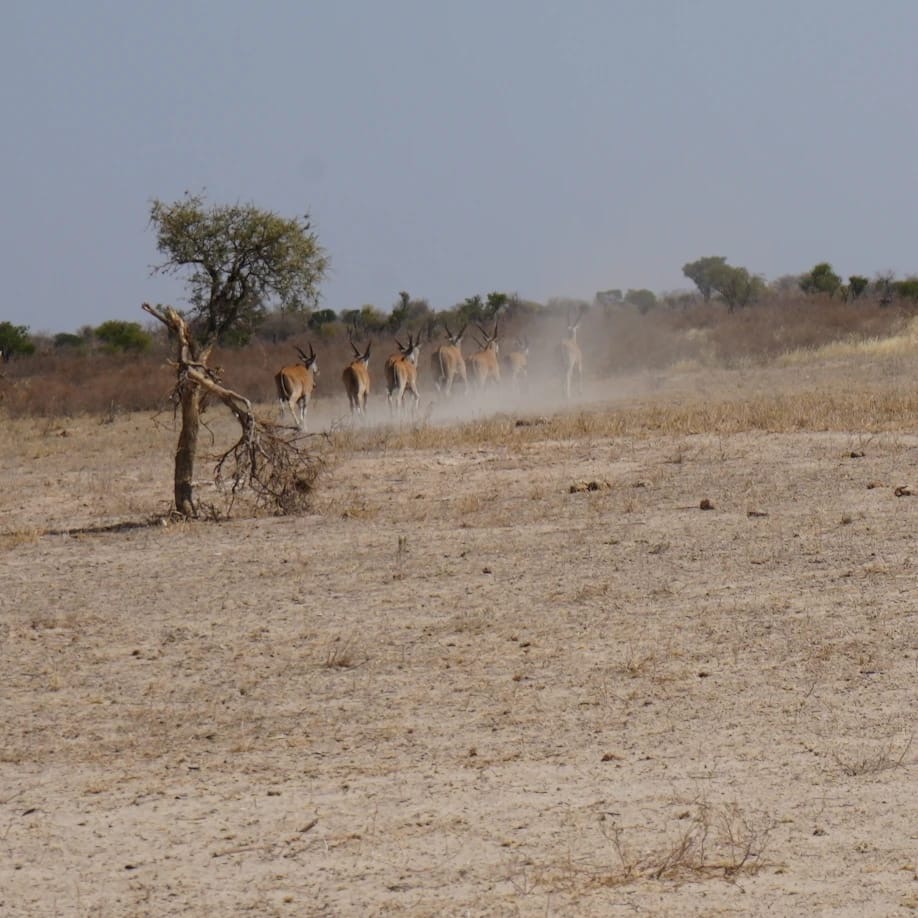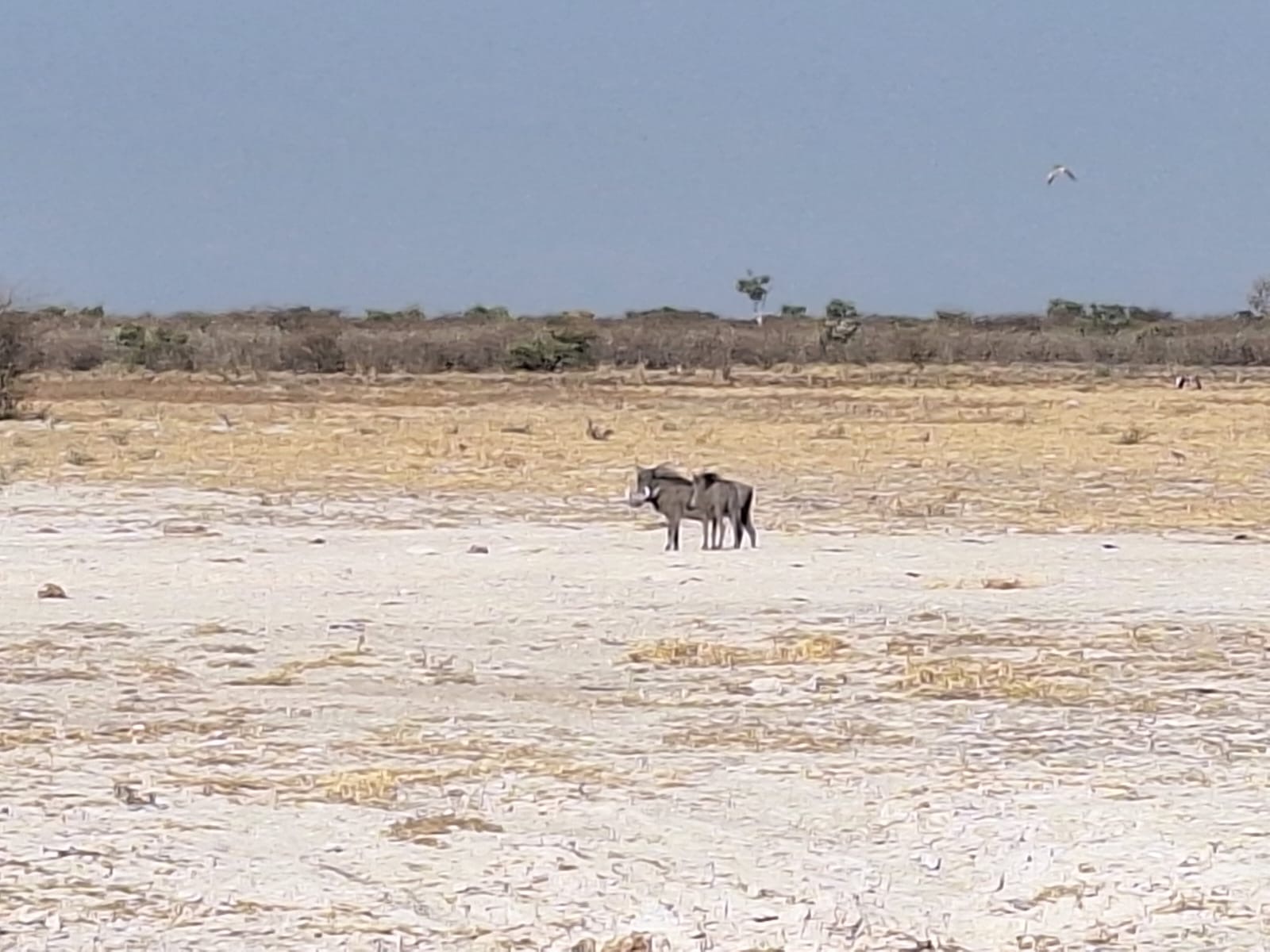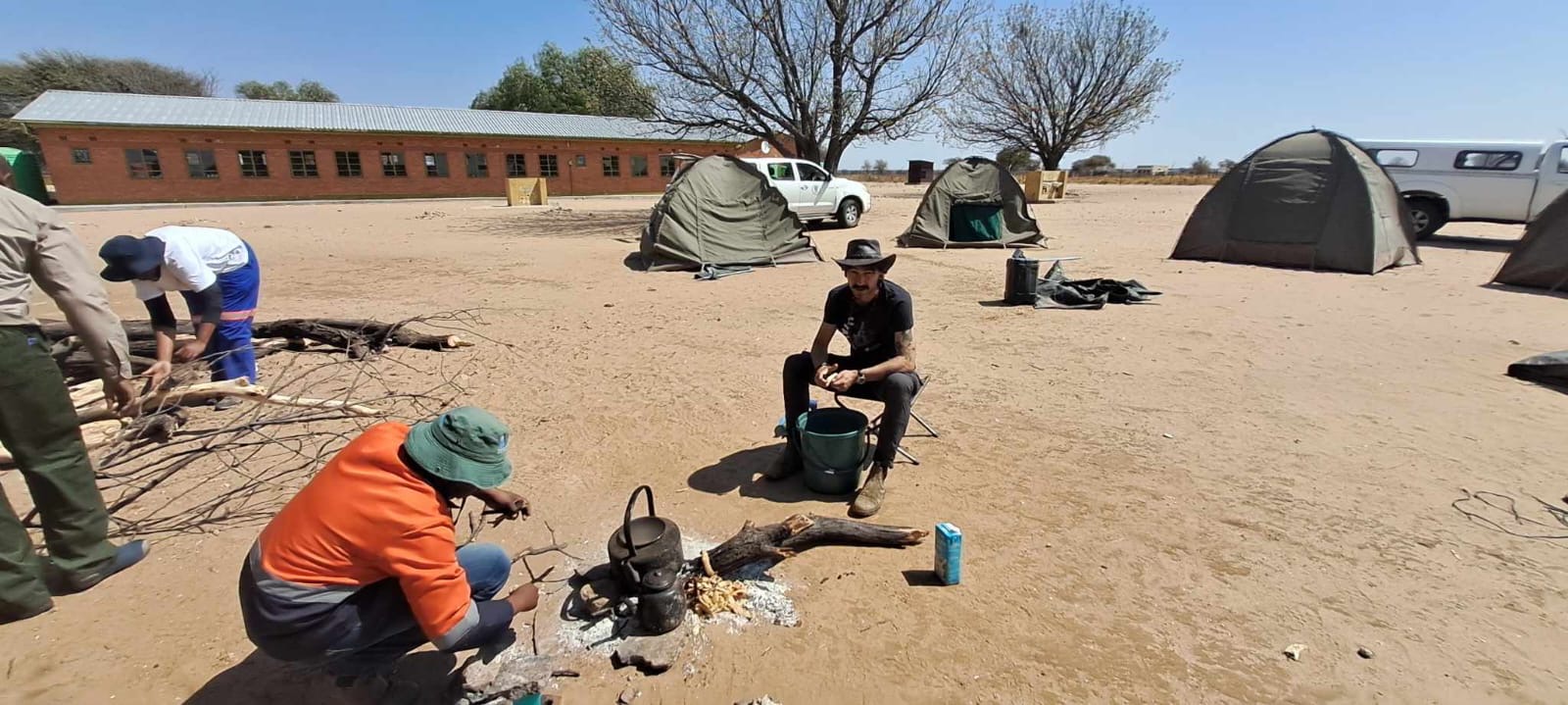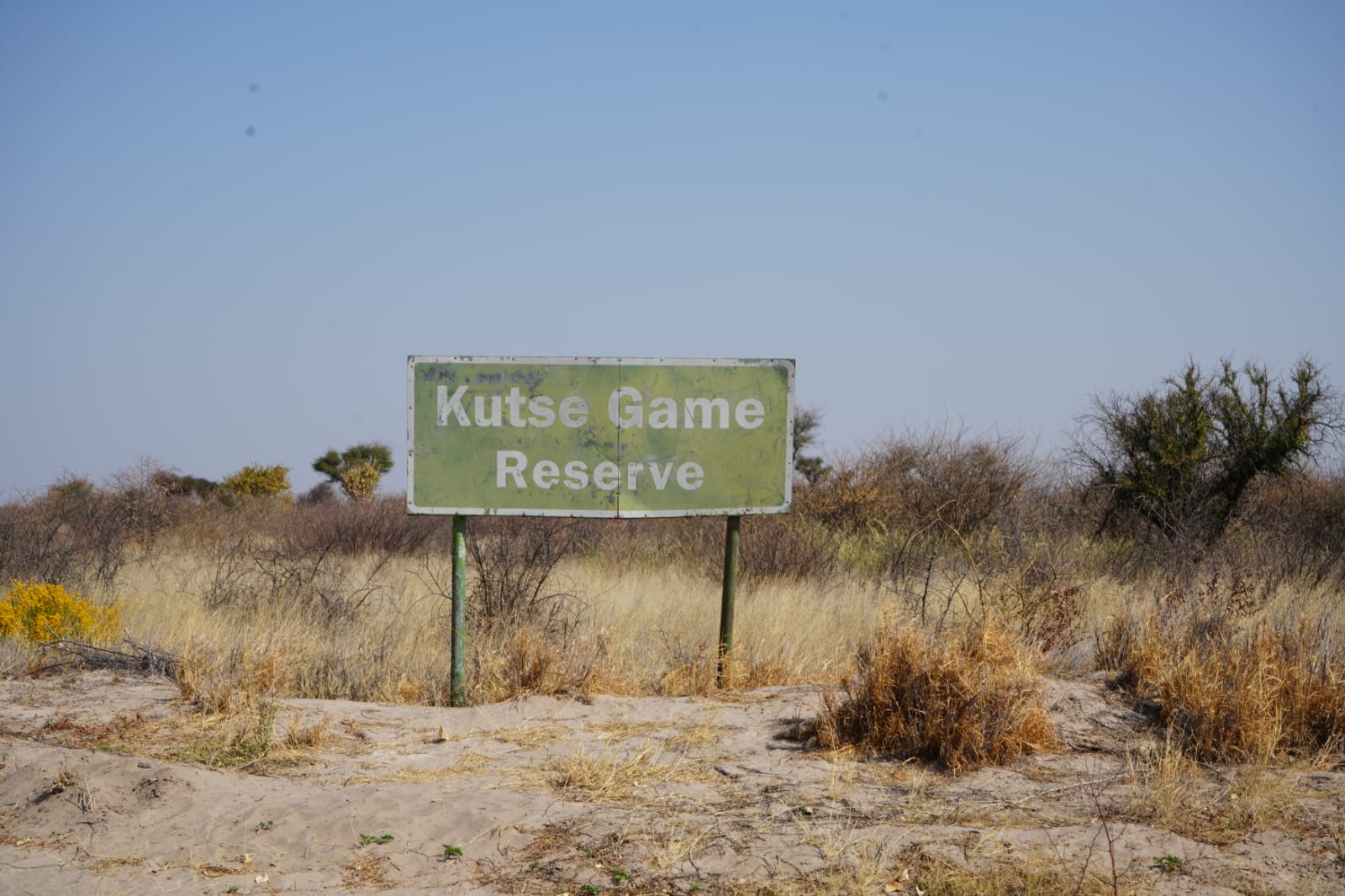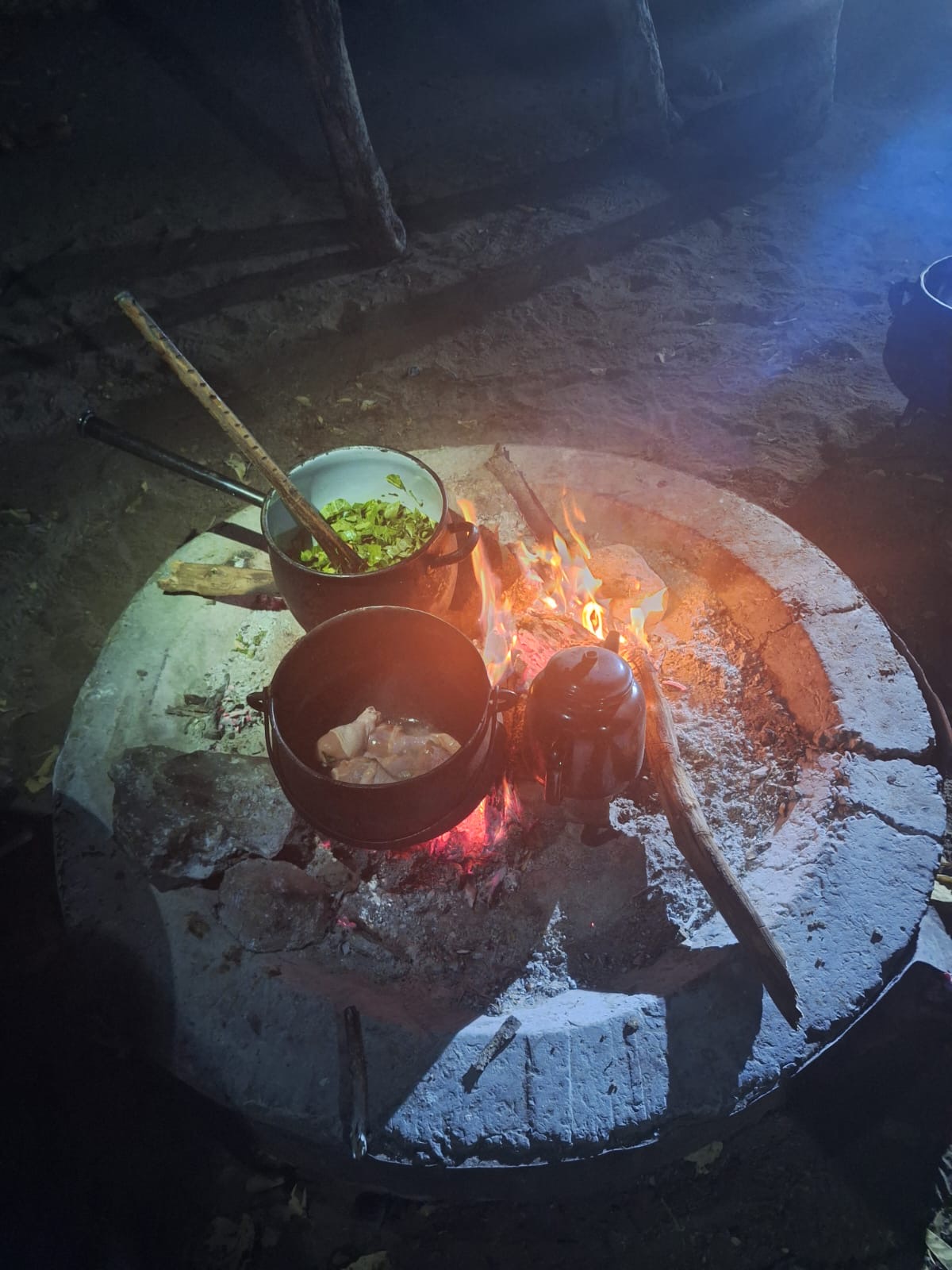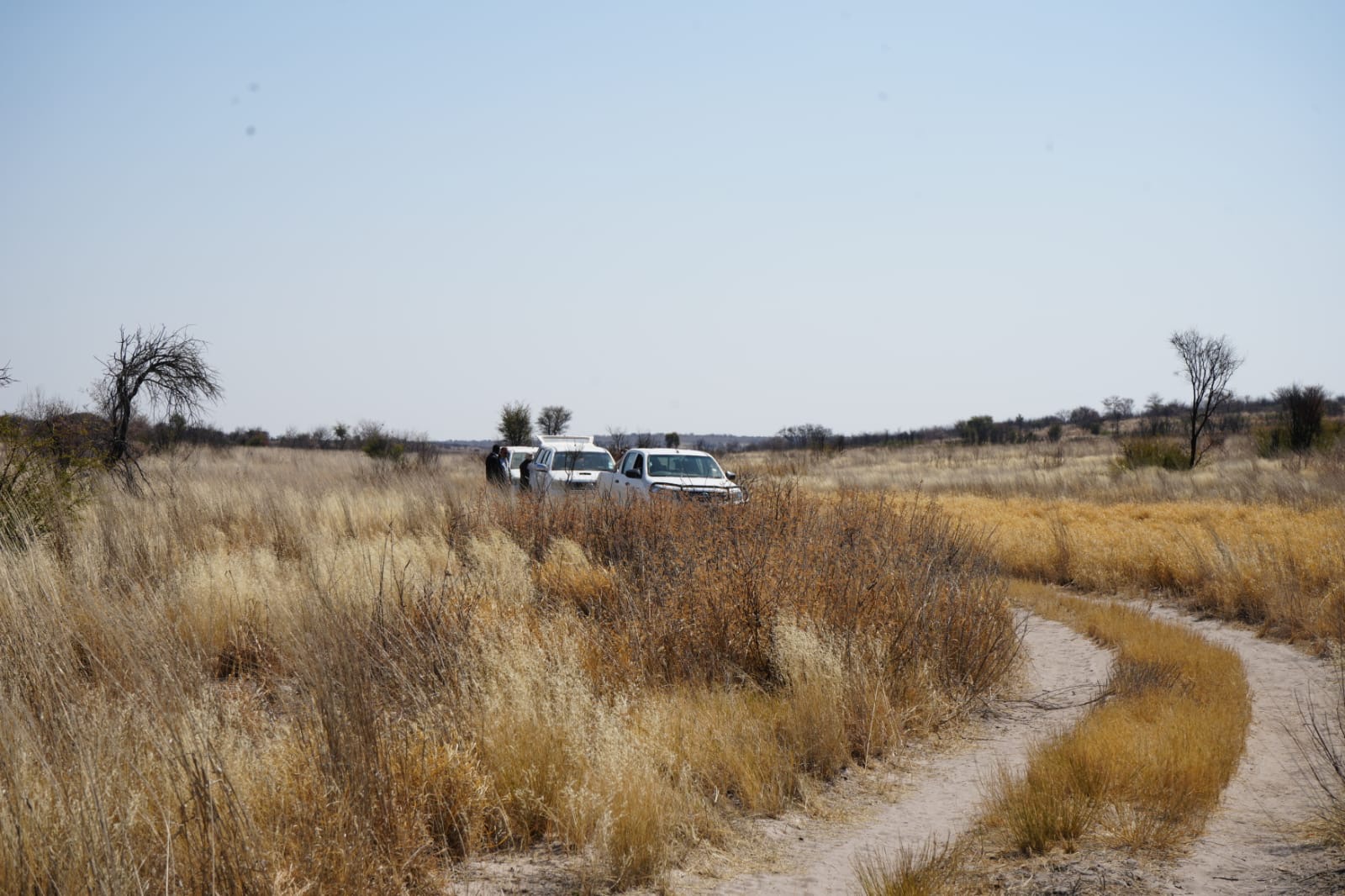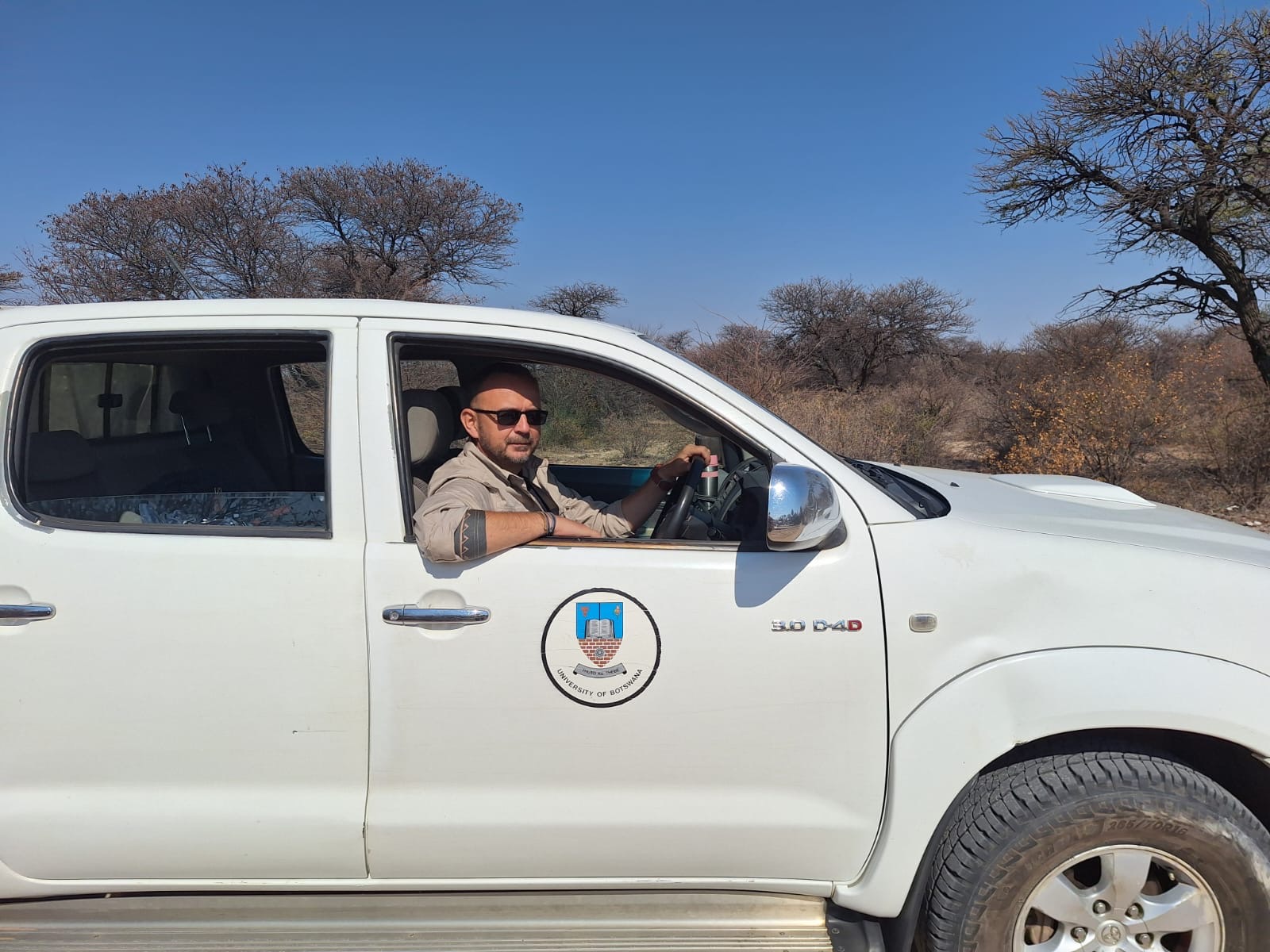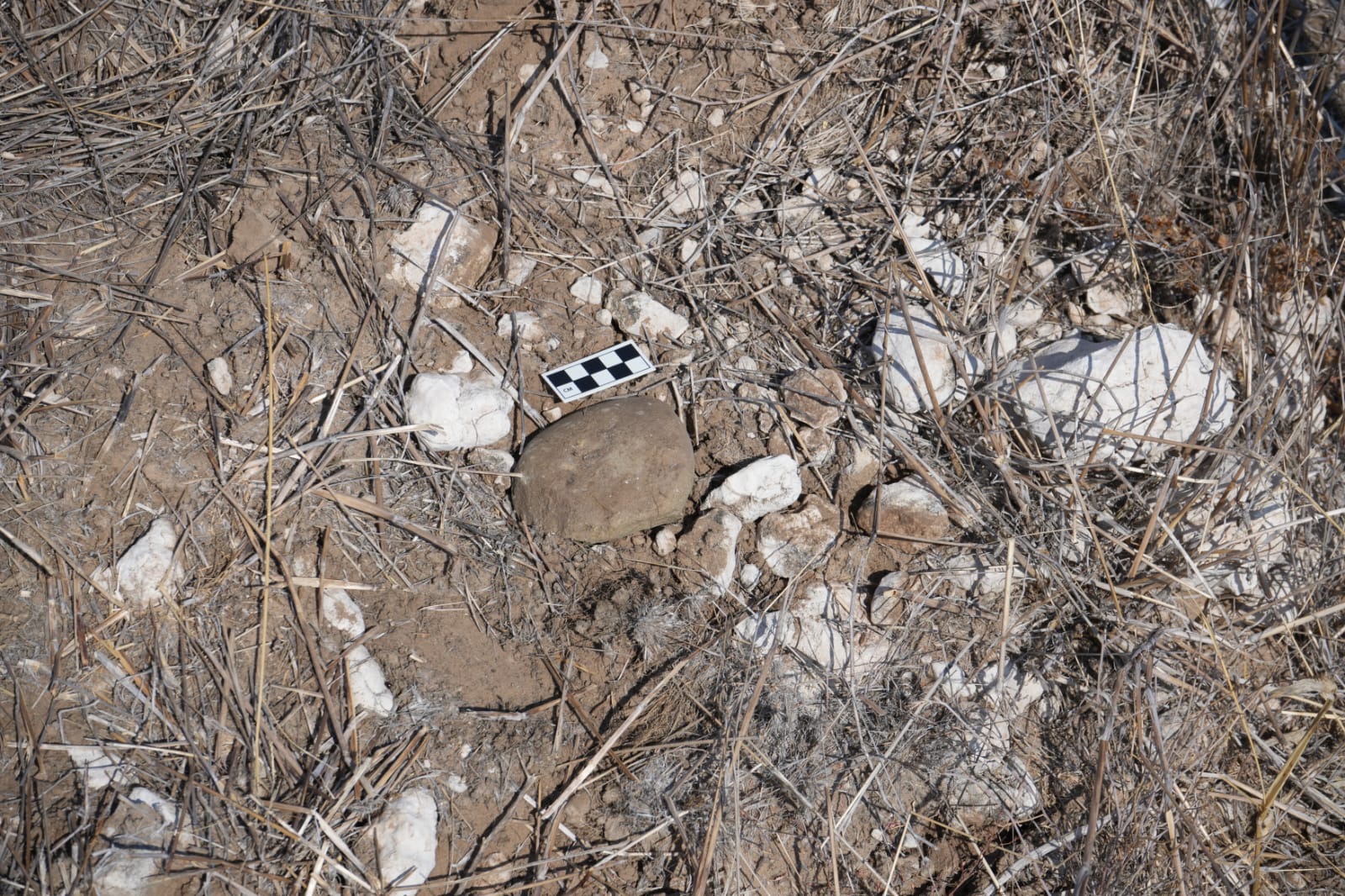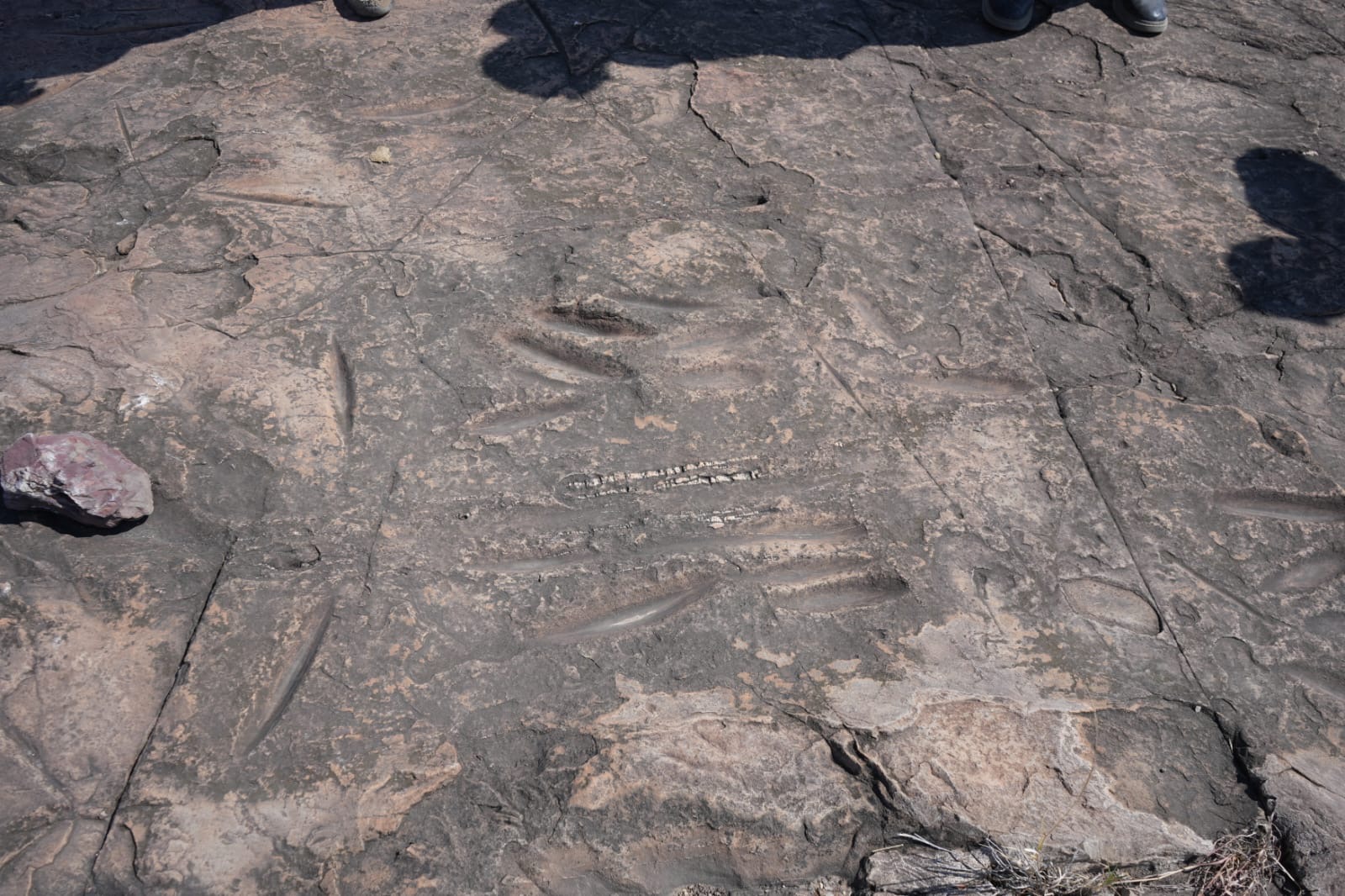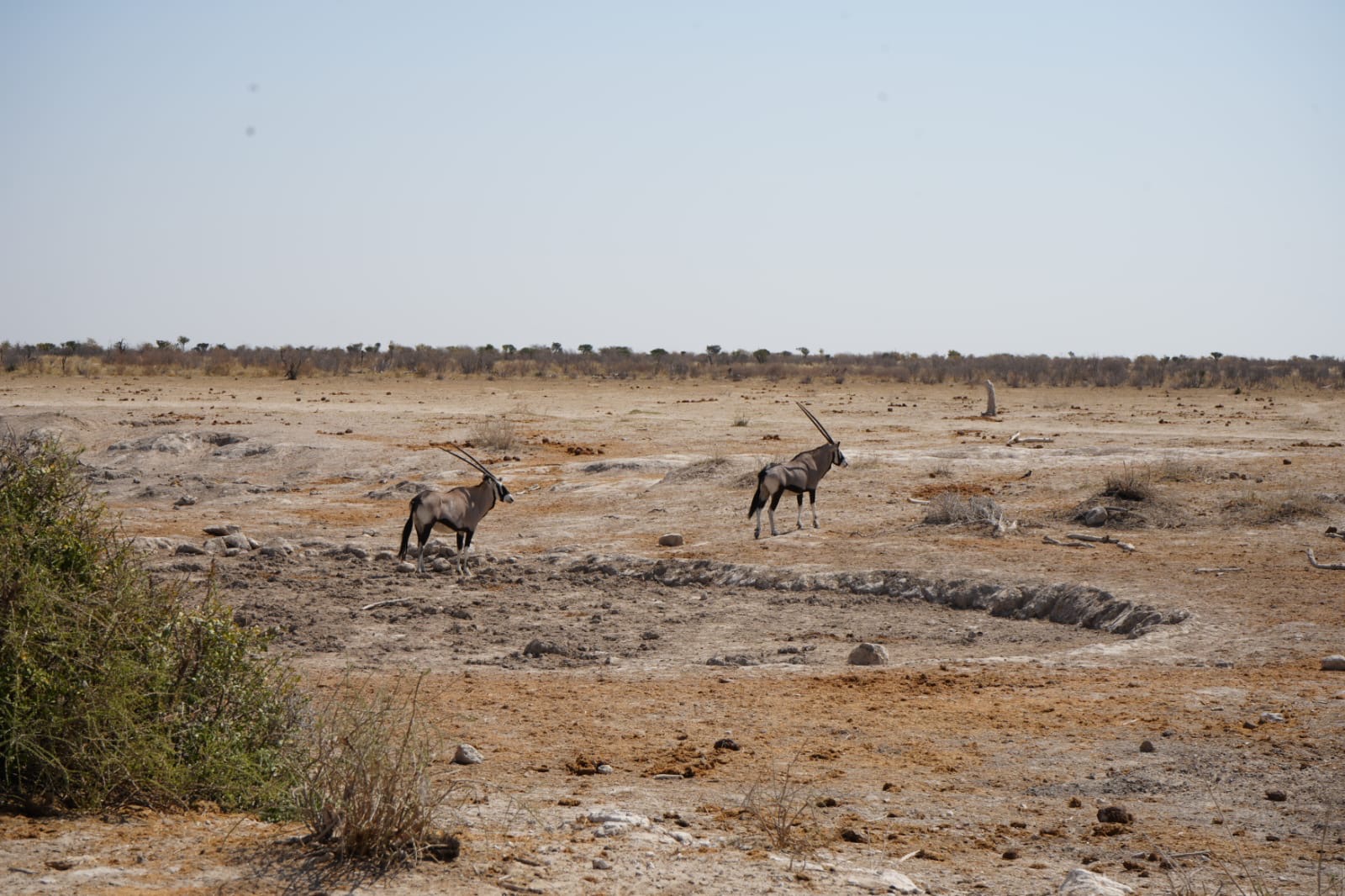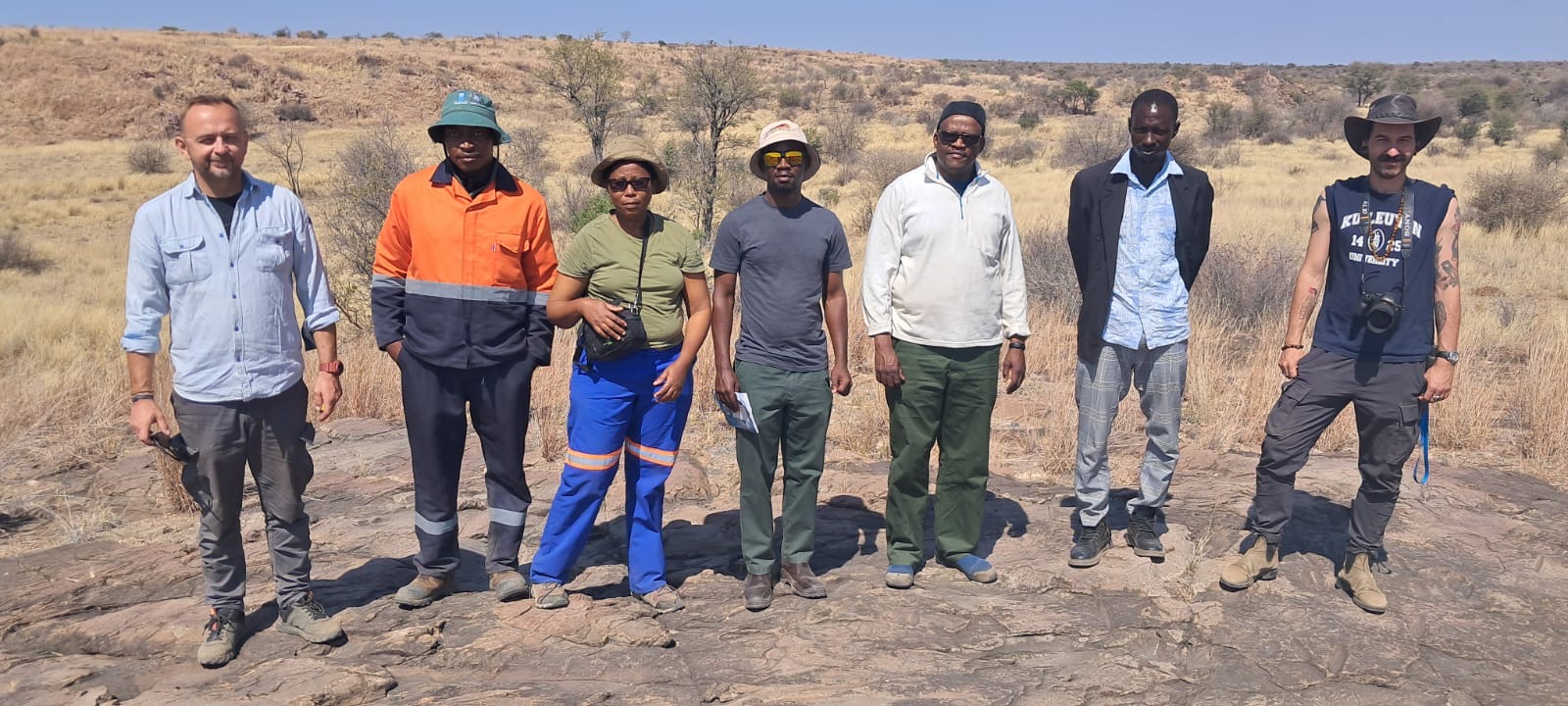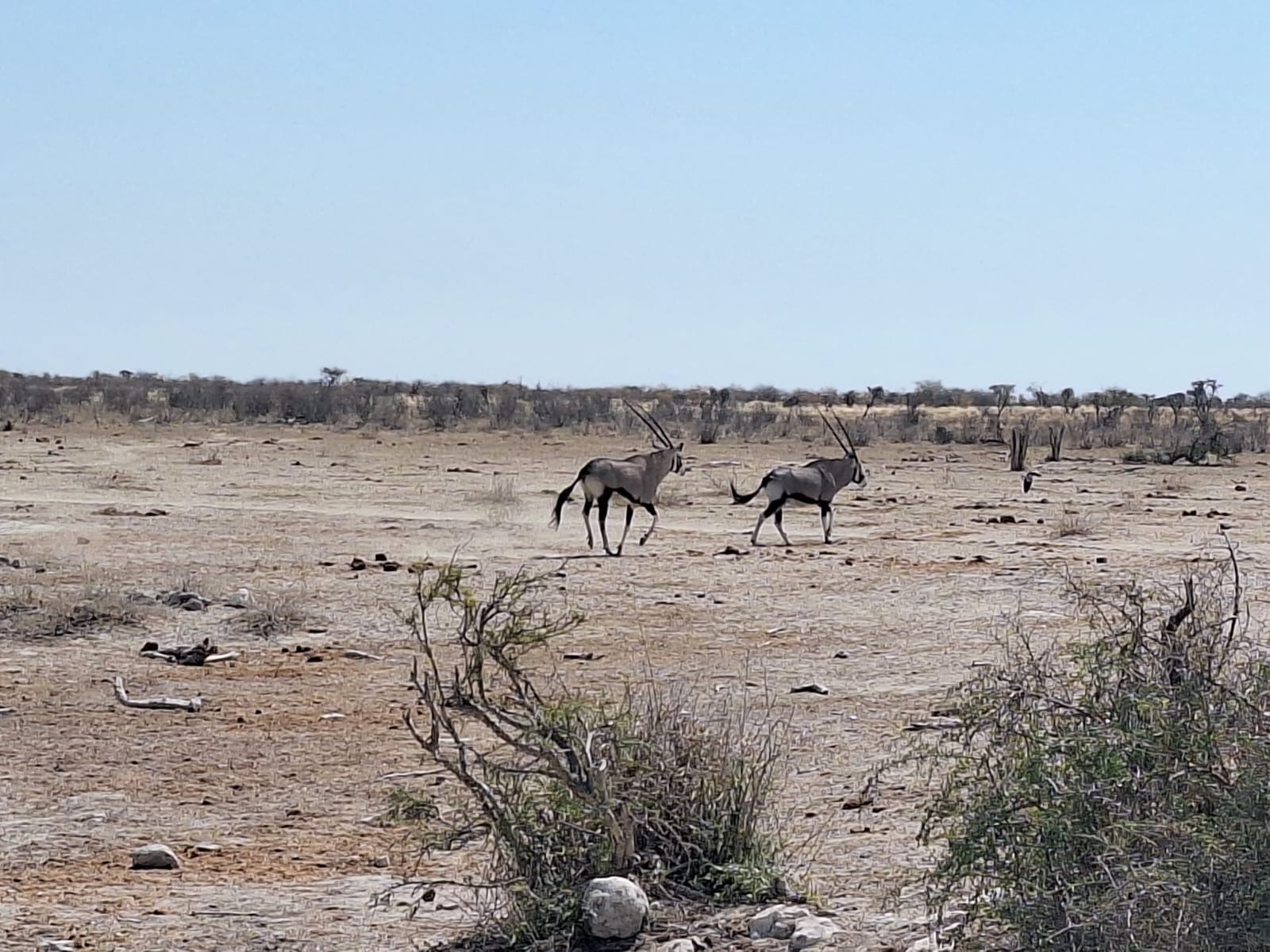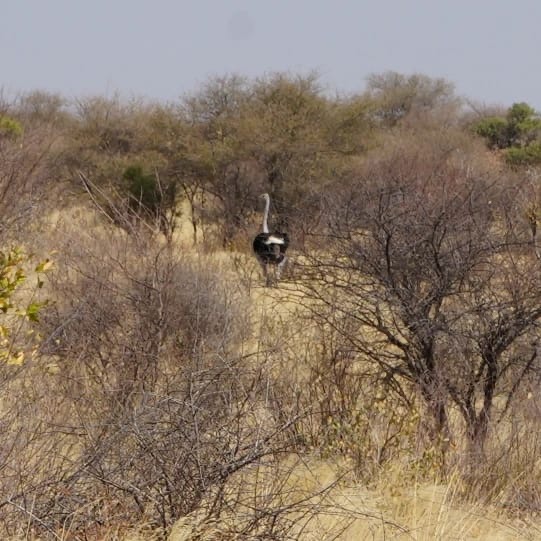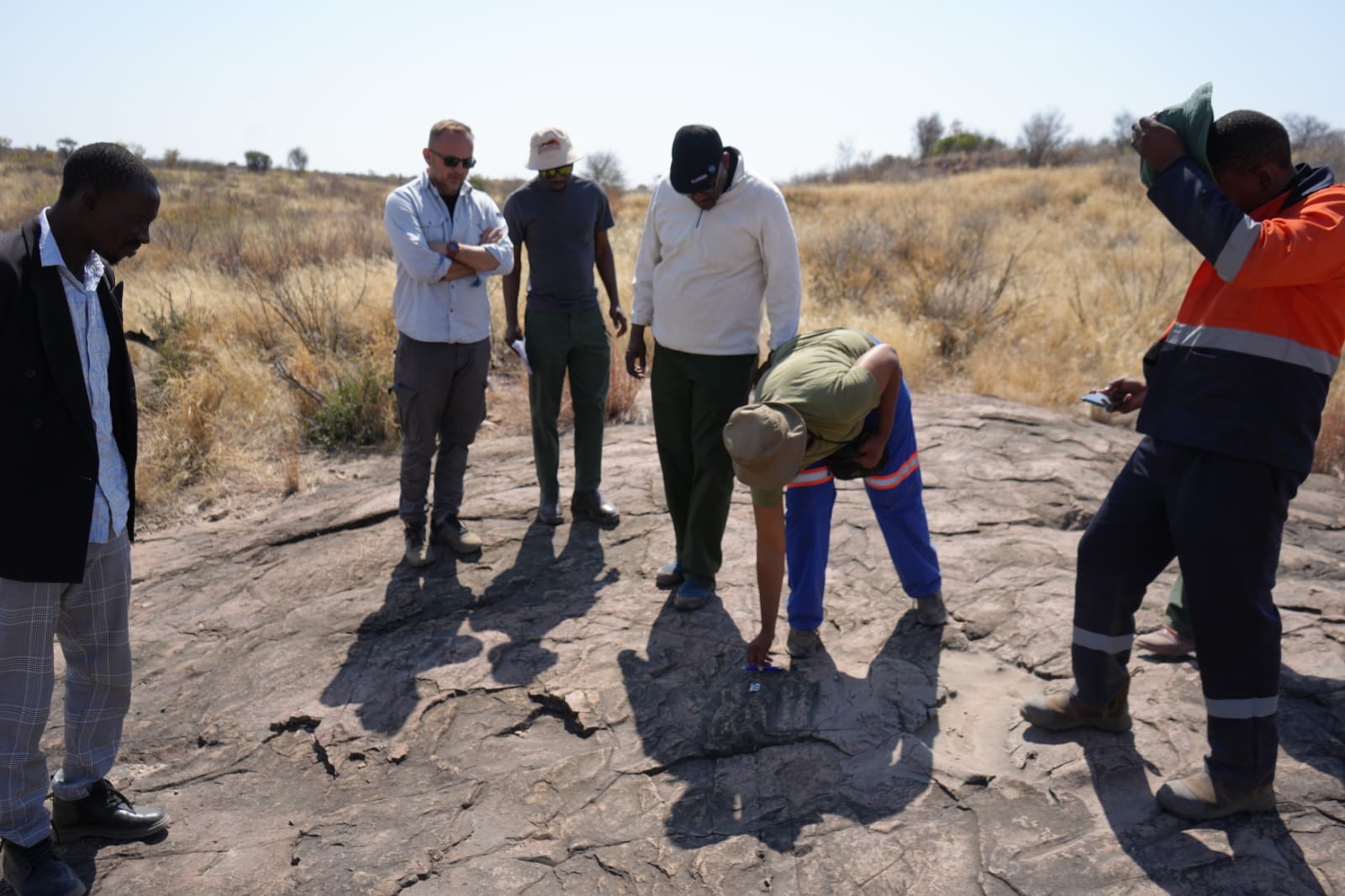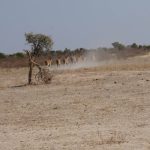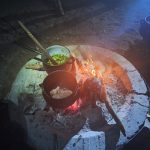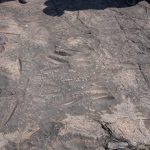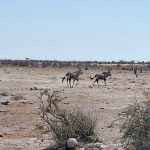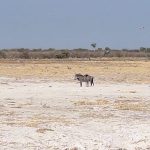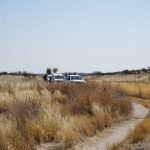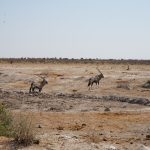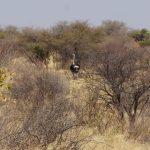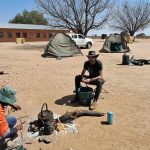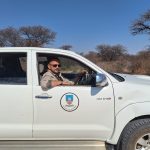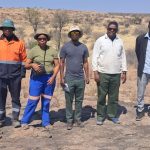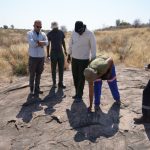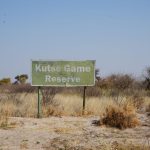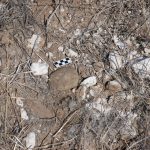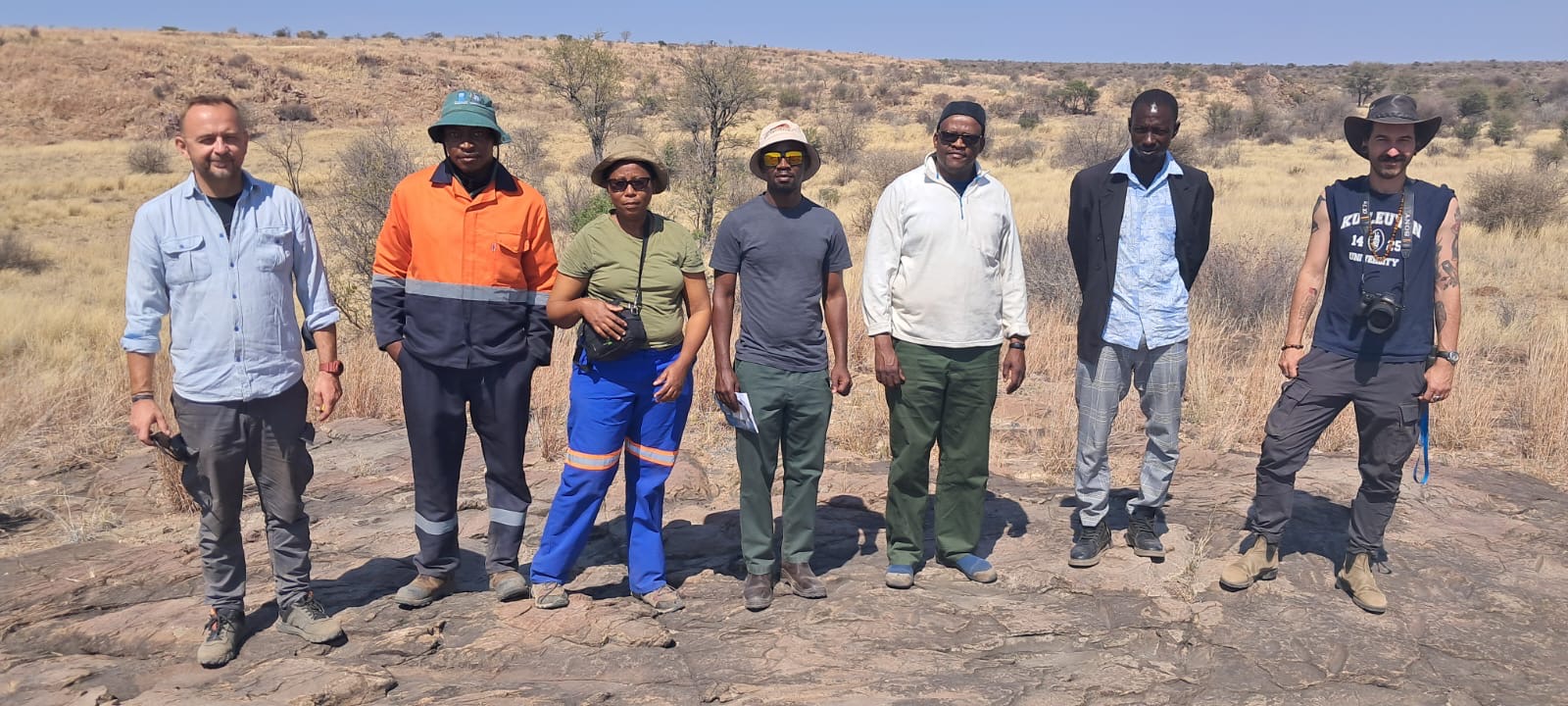
Archaeological research in Africa
Botswana, is located in southern Africa. It is a landlocked country, most of which is occupied by the Kalahari Desert. To the north is the swampy area of the inland Okavango Delta. Botswana’s most important river is the Limpopo on the south-eastern border, where Botswana’s population is concentrated, including the capital Gaborone. What are our archaeologists doing in Botswana?
– Together with prof. Mirosław Masojc, we spent two weeks in Botswana, where a cooperation agreement was signed with the University of Botswana – reports Grzegorz Michalec, a doctoral student at the College of Archaeology, Arts and Culture at the Doctoral School of the University of Wrocław.
The two-week stay fell in late August and early September. This period is very favourable for fieldwork. – Unlike in our geographical area, in Botswana it is the end of the ‘winter’ period, where maximum daytime temperatures range between 25 and 30 degrees Celsius – says Grzegorz Michalec. – During this time, there is a period of total drought, so the vegetation is not dense and there is very good visibility of the terrain.
During the stay in this African country, a surface prospecting of several days was carried out, in cooperation with archaeologists from the University of Botswana and the Botswana National Museum. Site reconnaissance and the search for new sites was conducted in the Khutse Game Reserve and the Okwa Valley. What was the purpose of this? – To identify a future site for research work – announces Grzegorz Michalec. – The collaboration was so successful that we will definitely return to Botswana – he adds.
Why is this area of archaeological interest?
Botswana is a relatively large country, with a very small population and one of the ten countries with the lowest population density (2.6 people per square kilometre). These factors mean that a large area of the country is preserved in its natural state, with no visible effects of human interference. The political, economic and social situation itself is also favourable for action – the country is safe with a low crime rate, is a very thriving economy, and is not without reason called the ‘Switzerland’ of Africa.
– From a scientific point of view, work in Botswana has great potential, our researchers believe. – So far, only a few international missions have operated in the area, mainly German, British and French. Their activities, have uncovered numerous traces of human habitation in the Pleistocene, mainly related to the Middle Stone Age and the Later Stone Age. Still, many areas of the country remain unexplored. – Assuming that previous activities by other teams in Botswana, as well as in neighbouring countries (e.g. South Africa), have resulted in the discovery of new sites, it is reasonable to assume that much remains undiscovered,’ believes Grzegorz Michalec.
The Institute of Archaeology, University of Wrocław, has been conducting research in Sudan for many years. In 2023, civil war broke out in the country and the current political situation does not allow research work to continue in the area.
– At this point I will take the liberty of presenting the context of the situation in Sudan, as I have the impression that this country has been forgotten, especially in the media, and that the silence constitutes a certain acquiescence and ignorance of human suffering,’ notes Grzegorz Michalec. – I realise that we tend to focus on what is happening in the context of Russian aggression in Ukraine, as this is geographically and socially closer to us.
Grzegorz Michalec: – The ongoing fighting in Sudan is between two parties – the Sudanese government army and the RSF (Rapid Support Forces) and the Janjaweed (paramilitary units responsible for the genocide in the Darfur region). As a result of this conflict, so far almost 150,000 people have been killed, almost 2.5 million people have become war refugees and the capital city has been looted and razed to the ground. Moreover, the majority of the population lives in complete poverty, hunger and fear for their lives. The current situation in Sudan has forced us to look for new areas where we can carry out our research into the oldest sections of human history.
Here, the question may arise – why Africa again and not, for example, Poland? – According to archaeological and palaeogenetic findings to date, the ‘Out of Africa’ theory is still valid, i.e. the African continent should be treated as the cradle of humankind – emphasises Grzegorz Michalec.
Prof. Marta Osypińska from the UWr Institute of Archaeology also conducts research in East Africa, precisely in Tanzania. – We decided that it was worth considering another region of the African continent, hence the direction of Botswana – explains Grzegorz Michalec.
At the end of May, the archaeologists managed to get in touch with Cynthia Mookesi, PhD, from the University of Botswana, who was willing to cooperate and helped prepare the expedition and indicated potential research sites.
The archaeologists were focused on conducting preliminary reconnaissance in two areas where no Early and Middle Stone Age sites had been recorded to date – the Khutse reserve and the Okwa valley. In the case of the reserve, certainly an unfavourable situation for research is the abundant presence of wild animals. – Our activity, on the one hand, disturbs their natural space and, on the other hand, an encounter with a lion can be dangerous. The Okwa valley area, on the other hand, is a smaller part of a larger valley stretching from the Namibian territory to the eastern borders of the country. Such a huge valley must have provided an excellent habitat for humans in Pleistocene times, where, in addition to access to water, it was also an area conducive to hunting – describes Grzegorz Michalec.
The stay in the field allowed the scientists to conclude that the Okwa valley had greater research potential. – During the surface exploration, we were able to discover traces of human habitation dating from the early to late Stone Age. Therefore, we are planning to return and carry out further reconnaissance in the near future before the rainy season begins – the researchers announced.
At this stage of the work, our archaeologists are restricted to working only within the Botswana-Polish team. – Of course, as in our previous projects in Sudan, Mongolia or Vietnam, we are open to cooperation in a larger research team including colleagues from other countries – says Grzegorz Michalec. – Further experts, will be included in the cooperation at the next stage of the research – announces the Wrocław archaeologist.
Prof. Mirosław Masojć from the Institute of Archaeology at the University of Wrocław in the Department of Non-European Archaeology is, among others, the head of a research project conducted in Mongolia https://archeo.mongolia.uwr.edu.pl/.
Read more about the work of our archaeologists in the field here: https://uwr.edu.pl/en/gobi-and-mongolia-under-the-eye-of-polish-archaeologists/ and there: https://uwr.edu.pl/en/strong-women-in-the-cradle-of-humanity/
complied by Katarzyna Górowicz-Maćkiewicz
